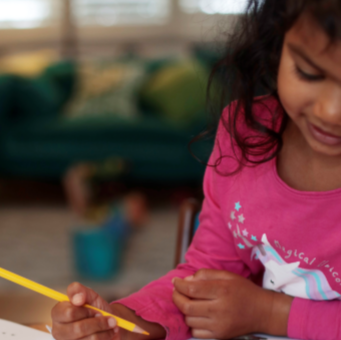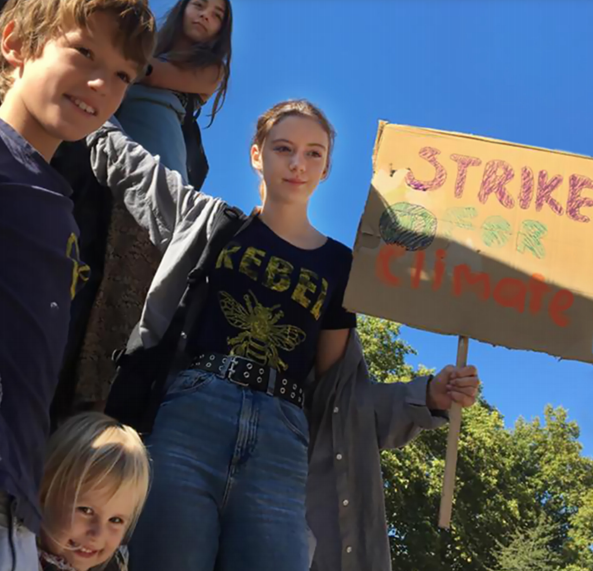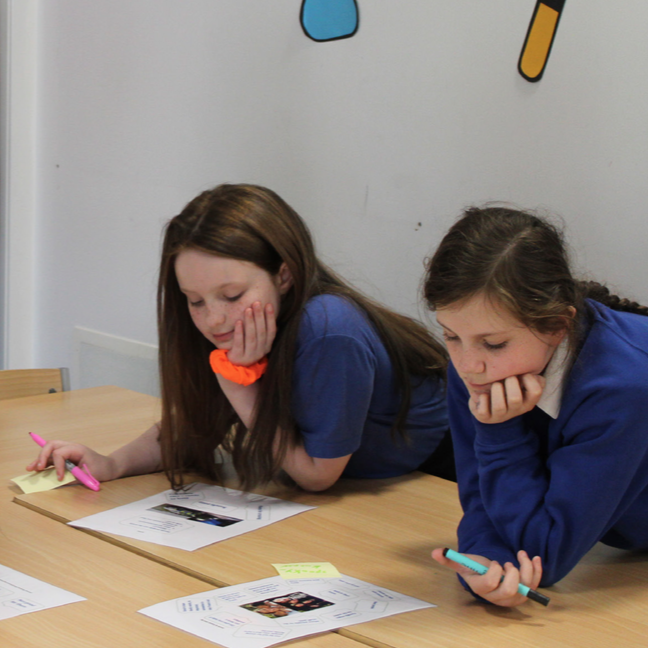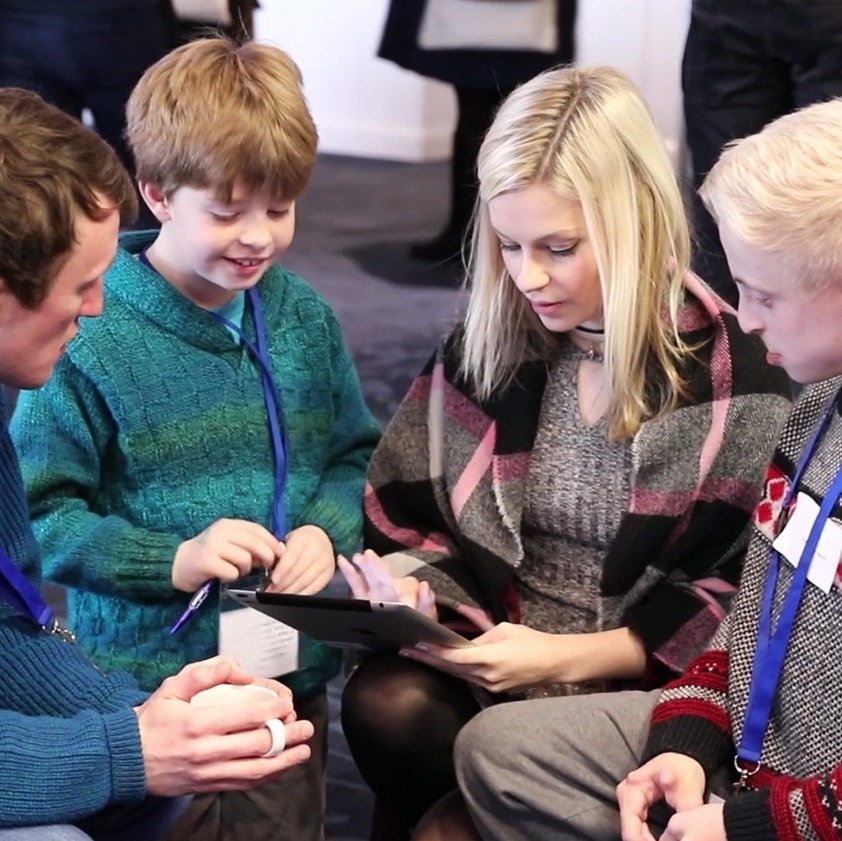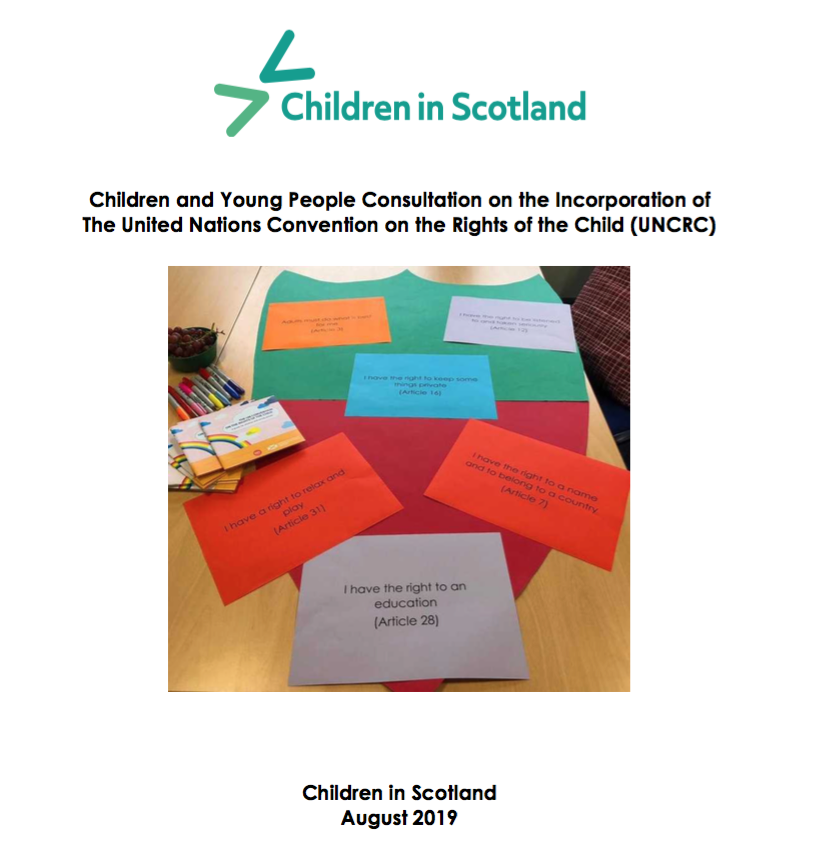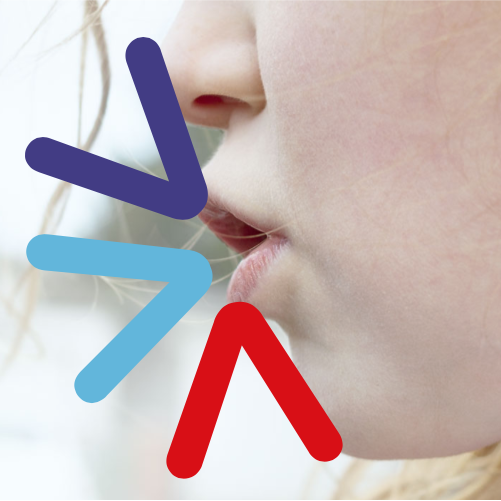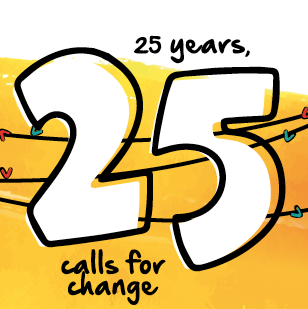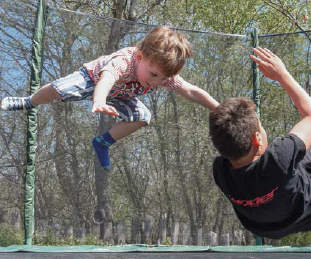As part of our 25 Calls campaign we interviewed Professor Richard Wilkinson, co-author of the groundbreaking book The Spirit Level and its 2018 follow-up The Inner Level. In part five of our interview, he discusses how work as wage labour affects us emotionally, and inequality’s impact on trust in social relationships
Children in Scotland: What do you think about the rise of automation in how it may affect the economy and employment?
RW: I think it may be one of the most crucial challenges we will face. If the forecasts are right, a third or a half of all jobs are vulnerable to automation. The economy may be unable to create enough replacement jobs. Even the hope that the economy should create enough jobs is really only a desire that we should carry on as we are. I would much rather we brought on automation as fast as we can and used it to reduce the burden of work to give us a society with much more leisure so we had time for each other, for friends and family and so on. Perhaps work would then not be experienced as being as oppressive as many people find it now. Without sharing the work and enjoying more leisure, the threat of automation holds out the possibility that a few people will remain in jobs and will be very wealthy and there will be vast unemployment for the rest. It’s crucially important that we find ways of sharing the work, reducing working hours, and introduce some form of universal basic income.
Perhaps I idealise it, but I think if people had more free time and some financial support independently of work, in addition to what they get from work, we might all start building a sharing economy – a free economy. Wikipedia is the example that’s so often given, but there are also rock groups that put their music online that you can download for free, and the rewards they get are knowing that people like their stuff. And it might be the same if you do blogs, provide technical help online, or you write poetry or whatever. The reward is other people’s appreciation, which is wonderfully unalienated… that’s what human interaction ought to be about.
CiS: And the feeling that comes from that needs to be properly valued and understood.
RW: Yes. I’m afraid that what wage labour does is to turn activity that has a real social purpose into something that is self-serving. You may be doing important work in the health service that benefits other people’s health, and maybe you relate to it as your contribution to others’ wellbeing and value their appreciation of the care they receive, but you may find it just a grind and a taskmaster that you do only for the pay, and feel used, exploited and unappreciated by an employer. Ideally, if we have more democratic workplaces work might become more a matter of social purpose, less a matter simply of wage labour.
People work longer hours in more unequal societies. That seems to be because money becomes more important in those societies – it’s through status competition and consumerism that we show our ‘worth’.
CiS: I’m interested in what you say in the book about the idea of us constantly looking for economic growth but that it’s not necessarily going to feed into improvements in children and young people’s wellbeing. What do you think of that particular tension, when our mindsets are so driven by this idea that we need economic growth, how do you begin to challenge that and insert a different argument?
RW: To some extent, not necessarily at a very conscious level, there is an awareness that consumerism is a sort of zero-sum game, that we have economic growth but people aren’t happier now than they were in childhood. I think that’s quite a common perception. And going with that is, I think, a feeling that it is as if we as human beings are here to serve the economy rather than for the economy to serve us. Clearly, we have to turn the tables on those ideas. Economic growth was essential in the past because it is economic growth which has transformed the quality of our lives and still has to transform the quality of people’s lives in poorer countries. But in the rich countries it’s largely finished its work. There are diminishing returns to economic growth. Among the rich countries, GNP per capita can double without improving measures of health and happiness. Happiness just flatlines, some measures of the quality of life and things like the general progress indicator actually seem to be slowly declining in rich countries. Health goes on improving, but completely unrelated to economic growth. Even if you look at changes in incomes over 10, 20, or even 40 years, you can’t see close relationships. What’s driving improvements in health no longer appears to be rises in our real incomes as a society. Economic growth no longer drives wellbeing.
As soon as you recognise that economic growth is no longer producing the real social benefits in terms of a better quality of life for all of us in the way it once did, you have to start thinking, how do we improve the quality of life now? And of course, again and again the answers to this question is that we have to improve the social environment. For most of us, it’s the social environment that makes the key difference to happiness and unhappiness – friendship, involvement in community life and the quality of close relationships, what’s going on in our intimate circle and how we feel seen and judged. And it’s here that greater equality can make such an enormous difference, and why it’s so important to tackle it.
CiS: Do you think we should be concentrating policy efforts more on achieving equality of outcome or equality of opportunity?
RW: Equality of opportunity and equality of outcome are not things that we can change independently of each other. If you want to improve equality of opportunity for children, probably the most important thing you can do is to reduce the inequality of outcome amongst parents. Parents tend to pass on their advantages or disadvantages to their children. Countries with greater equality of outcome have much greater equality of opportunity for children. I don’t know whether one should see it as the social ladder becoming steeper in societies with bigger inequalities of outcome. I think it’s partly, as I said before, that class and status become more powerful. The obstacles in overcoming your background become greater and the downward social prejudices increase, making it harder for children to move up.
But we also need to move towards a society where social position is not the thing you judge people by most. One of the things I found interesting when we were writing The Spirit Level is that people sometimes said that the problem with children from poor backgrounds is a poverty of aspiration. But when we looked at international data on children’s aspirations, we found it tended to go the opposite way round; children’s aspirations were slightly higher in more unequal societies. However, when you looked to see what aspirations were about among kids in unequal societies, what was overwhelmingly important to them was to earn a lot of money. Inequality makes them feel they’ve got to be celebrities and film stars or be CEOs of large companies. Whereas in a more equal society it’s more acceptable to be a skilled craftsman or to have other ways of earning a living. Other occupations are valued more, not looked down on, and money isn’t the only criteria. So to say that inequality of opportunity – low social mobility – is because poor children have poor aspirations, the problem is more that what is actually valued in a very unequal society is simply more money and children grow up with unrealistic aspirations.
As a greater range of ways of life, occupation, and skills become valued, it gets easier for children to see a way ahead. I remember a headmaster who said that the aim in his school was to give children as many different activities and opportunities as possible so everyone could feel they were good at something. And, in a way, that’s what we’ve got to do at the societal level.
Click here to read part one of the interview
Click here to read part two of the interview
Click here to read part three of the interview
Click here to read part four of the interview
Richard Wilkinson is Professor Emeritus of Social Epidemiology at the University of Nottingham, Honorary Professor of Epidemiology and Public Health at University College London and Visiting Professor at University of York. He co-founded The Equality Trust with Kate Pickett.
The Inner Level is published by Penguin.
Interview by Chris Small. Edited by Morgaine Das Varma.

